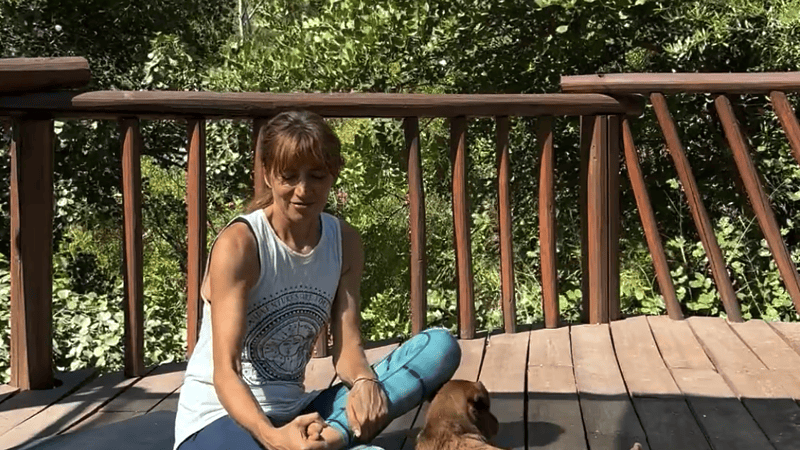
6 Factors That May Be Inhibiting Your Yoga Practice
Overcome These Common Mistakes to Enhance Your Yoga Practice and Achieve Greater Relaxation and Rewards4o - By Beth Rush
Reading time: 4 minutes
Break these bad yoga habits to unlock a rewarding and relaxing yoga session.
Yoga can be a rewarding experience when practiced correctly. However, there may be instances where you unknowingly engage in behaviours that could hinder your progress. Be mindful of these six bad yoga habits and learn how to overcome them.
1. Recurring Injuries
Low back, knee and shoulder pain may inhibit your yoga practice. To prevent this, practice proper movement patterns and supplement your yoga practice with appropriate exercise. For instance, you can do pulling motions before yoga to improve shoulder strength and upper back. Do exercises to help reduce the risk of joint aches, pains and injuries.
2. Skipping Savasana (Corpse Pose)
The most inactive moment of your practice is one of the most powerful poses. While other postures require balance, focus and pushing your limits, savasana requires freeing the mind from external distractions. The pose signifies pure surrender and relaxation, which many yogis struggle to do.
Every time you pass on this moment, you miss many benefits. Savasana provides an opportunity for conscious rest. It helps balance your nervous system, bringing a calming and relaxing release. The next time you practice, try not to skip this pose — give in to the release and allow yourself to give yourself a break.
3. Alcohol Consumption
Drinking alcohol is an unhealthy habit that can inhibit your yoga practice. It is a diuretic that eliminates bodily fluids through the kidneys, bladder and liver faster than other fluids. Binge drinking can cause muscle stiffness and loss of mass, which can prevent you from perfecting the postures.
It can also lead to decreased concentration and foggy memory, making meditation* practices more challenging. You don’t have to get sober to boost your yoga practice — you only need to find the right balance to perform your yoga poses well.
4. Improper Breath Work
Pranayama (breath regulation) is one of the most essential factors of yoga and life itself. Holding your breath while performing yoga is one of the most common bad yoga habits yogis must break. When you breathe improperly, you disrupt your flow and deprive your body of healthy oxygen.
Don’t let this factor inhibit your yoga practice. Boost your yoga session with these types of pranayama:
- Bhastrika pranayama (bellow breath): This helps improve energy levels.
- Kapal Bhati pranayama (skull shining technique): A breathing approach that helps detox the body.
- Nadi Shodhan pranayama (alternate nostril method): This technique helps balance your brain’s right and left sides.
- Bhramari pranayama (bee breath): Do this practice to quiet your mind from thoughts.
5. Comparing Yourself to Others
It may be easier said than done, but avoid comparing yourself to others. Just because the woman in your yoga class can perform advanced poses doesn’t mean you won’t be able to achieve your own goals. Your insecurities can inhibit a healing yoga practice, so practice being kinder to yourself.
6. Refusing to Go Out of Your Comfort Zone
Repetitive flows can inhibit your ability to master advanced poses. Your body strengthens when you try new poses or hold your warrior one for an extra minute. With hundreds of poses and variations available, yoga presents many opportunities for growth and exploration.
Break the Bad Yoga Habits
People practice yoga differently. Some days you may feel like doing a short session while on other days, you may flow effortlessly from one advanced pose to another. Whatever your practice looks like, keep your habits healthy and safe so you can keep improving.
*commission earned from this link.





